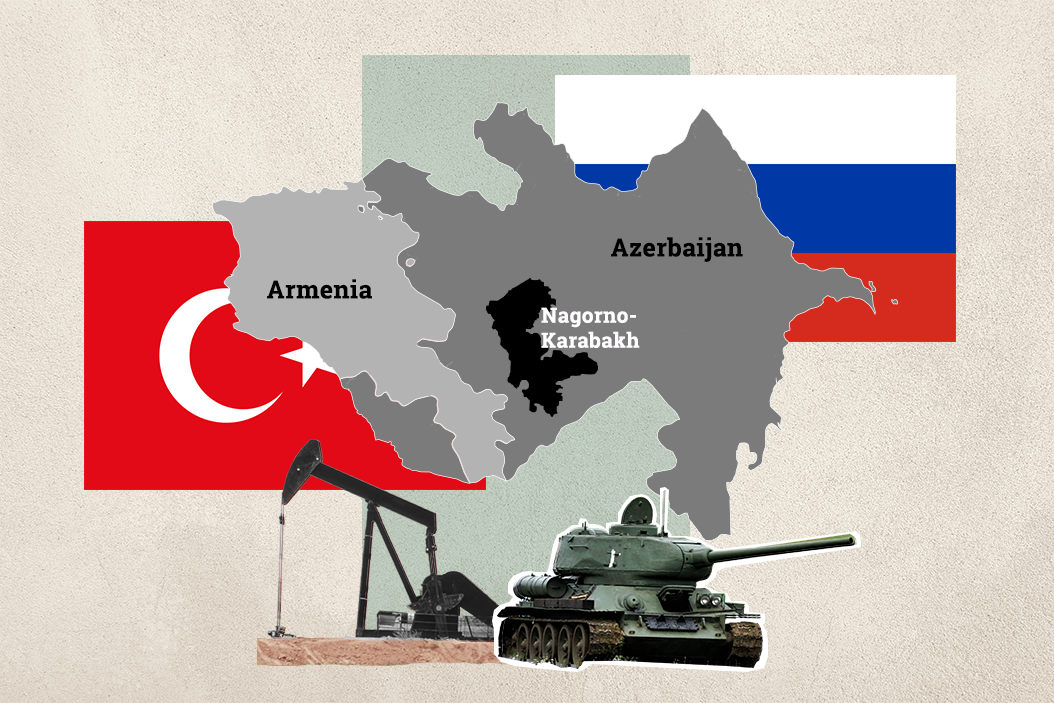News
October 26, 2020
3: Armenia and Azerbaijan, currently at war over the contested Nagorno-Karabakh region, traded accusations of violating a new ceasefire just hours after it came into effect on October 26. This marks the third ceasefire that's been breached since violence flared last month.
41,000: As cities and towns across the United States grapple with some of the largest coronavirus outbreaks to date, some 41,000 COVID-19 patients are now hospitalized across the country, a 40 percent increase over the past month. The medical community says that the hospitalization rate is one of the most reliable indicators of the outbreak's severity.
50: More than 50 rebel fighters were killed in fresh Russian airstrikes on Monday in Idlib province in northern Syria. It's the deadliest escalation since a ceasefire in Idlib — brokered by Russia and Turkey, who back opposing sides in the conflict — was enforced back in March.
1,001: German Chancellor Angela Merkel's political party, the Christian Democratic Union (CDU), has delayed a vote to elect a new party leader as the country grapples with a "second wave" of COVID-19 infections. It's unclear when the vote by CDU's 1,001 party delegates will take place, but it's now less than a year out from Germany's federal elections.
More For You
People in support of former South Korean President Yoon Suk Yeol rally near Seoul Central District Court in Seoul on Feb. 19, 2026. The court sentenced him to life imprisonment the same day for leading an insurrection with his short-lived declaration of martial law in December 2024.
Kyodo
65: The age of former South Korean President Yoon Suk Yeol, who was sentenced to life in prison on Thursday after being found guilty of plotting an insurrection when he declared martial law in 2024.
Most Popular
In an era when geopolitics can feel overwhelming and remote, sometimes the best messengers are made of felt and foam.
Hungarian Prime Minister Viktor Orban holds an international press conference in Budapest, Hungary, January 5, 2026.
REUTERS/Bernadett Szabo/File Photo
The Hungarian election is off to the races, and nationalist Prime Minister Viktor Orbán is facing his most serious challenger in 16 years.
How people in G7 and BRICS countries think their policies will effect future generations.
Eileen Zhang
Does skepticism rule the day in politics? Public opinion data collected as part of the Munich Security Conference’s annual report found that large shares of respondents in G7 and several BRICS countries believed their governments’ policies would leave future generations worse off.
© 2025 GZERO Media. All Rights Reserved | A Eurasia Group media company.
